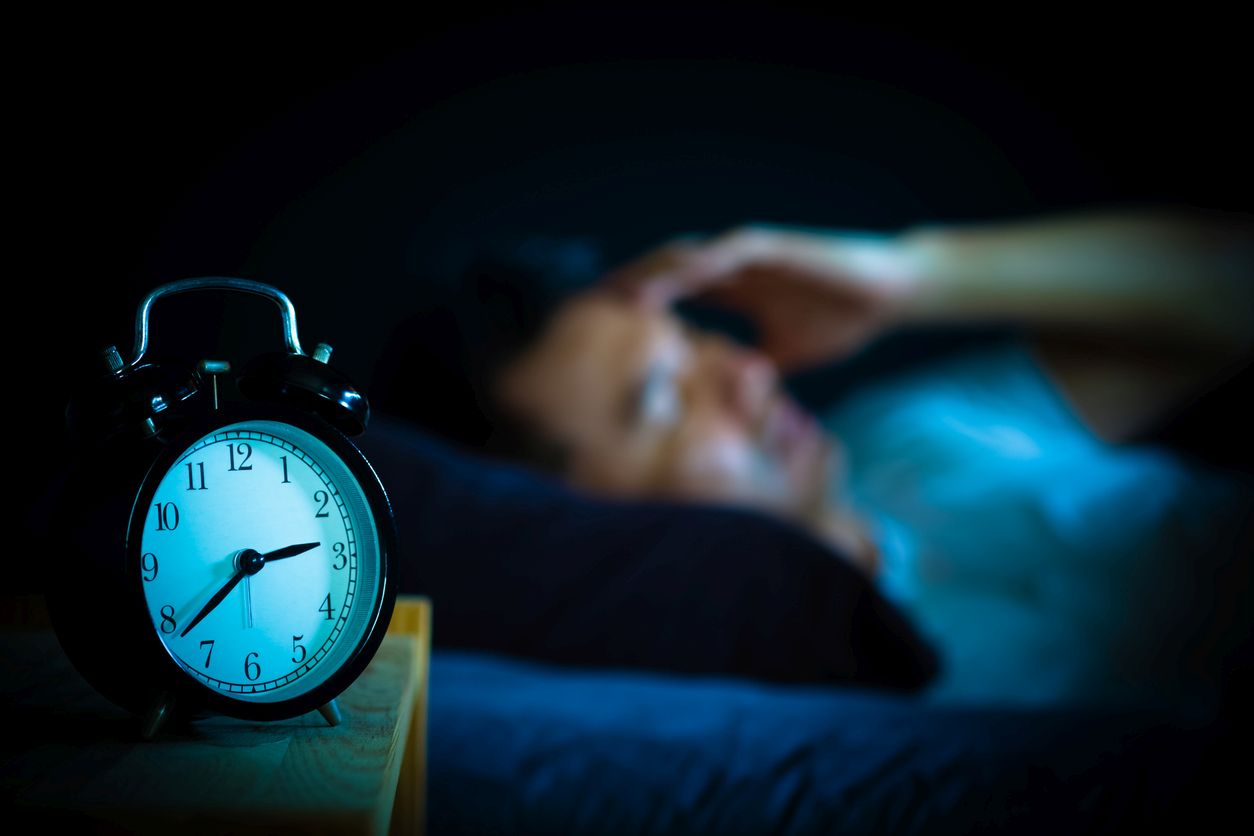
Stress, night shifts robbing Indians off their daily dose of slumber

India is among the most sleep-deprived countries, if one were to go by the findings by Fitbit, the activity tracker. Night owls bogged down by stress, poor lifestyle and hectic work schedules have a lot to worry as sleep deprivation can be disastrous for their overall health and wellbeing, say experts.
What the study says
The report by the US-based company, which makes activity tracker devices, says that India is the second-most sleep-deprived country with an average sleep of seven hours and one minute, after Japan where the average is six hours and 47 minutes of sleep. With the data collected from its users across 18 countries, Fitbit has also revealed that Indians have the least rapid eye movement (REM) sleep of 77 minutes, which is equal to that of Japan. REM sleep constitutes 20 per cent of total sleep and is the state when we have dreams and the brain is active. The stage is important as it can impact emotional regulation and memory as well.
The study backs a number of other studies published on sleep patterns. A recently released study on sleep patterns among the working population by a health insurance company showed that as many as 40 per cent of the workforce has poor sleep habits due to work related stress and late-night work.
Sleep deprivation a serious problem
Dr Hrudananda Mallick, professor, department of physiology at All India Institute of Medical Sciences, says the study results are not surprising as there are enough factors for sleep deprivation. “Lifestyle which constitutes late night routines, apart from excessive use of the blue light from gadgets, are depriving Indians of sleep,” he says.
He adds that adequate sleep for an adult is anywhere between seven and eight hours. “Several studies in the past have shown how sleep-deprived Indians are, and this only reinstates it.”
However, Dr V Mohan, chairman, Mohan’s Diabetes Specialities Centre, observes that the sample in the study could be a fitter lot, as they are Fitbit users who are tracking their daily physical activities to sleep. “However, sleep deprivation is more severe in a country like India, where people sleep just for four or five hours. Such sleep patterns interfere with an exercise regimen, leaving them little time for any physical activity,” he adds.
Dr Mohan also says that the deprivation is worse among those who work in night shifts, like BPO and IT employees. “They can try to catch up on the sleep during day, but the quality of sleep is poor.” Poor sleep patterns can lead to anxiety and depression in the long run and also ups the risk of diabetes. Previous studies have identified this risk as they have revealed that one in four from the IT workforce is pre-diabetic in an urban centre like Chennai.
The biggest impact poor sleep can cause is stress in the system because healing hormones work in the body during sleep. Lack of sleep damages the inner lining of blood vessels or also known as the endothelium, points out Dr Pradeep G Nayar, senior cardiologist, Fortis Malar Hospital. Damage to the inner lining can, in turn, lead to coronary heart disease, stroke and renal failure
“We have been avoiding discussing sleep as a factor while it has been long known that it can affect heart health. These findings have brought the focus on sleep as an important factor in human health,” he adds.


